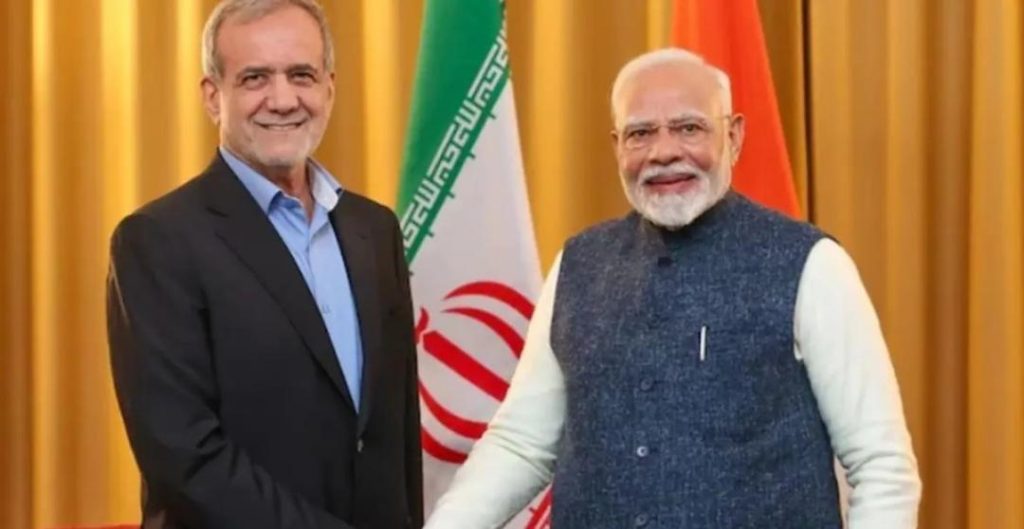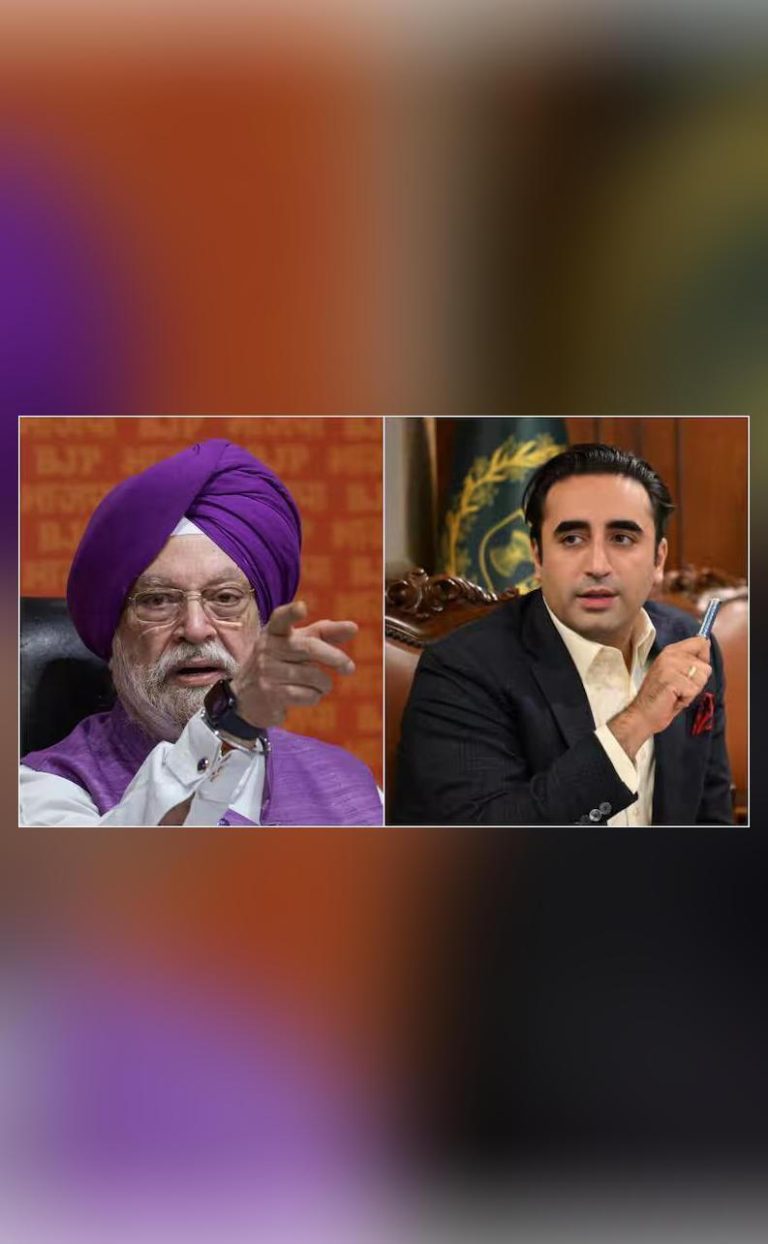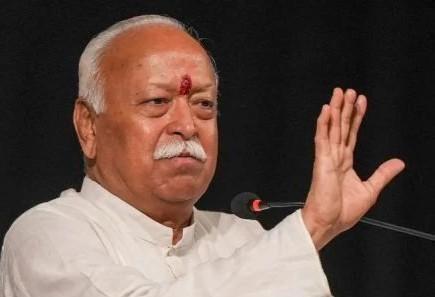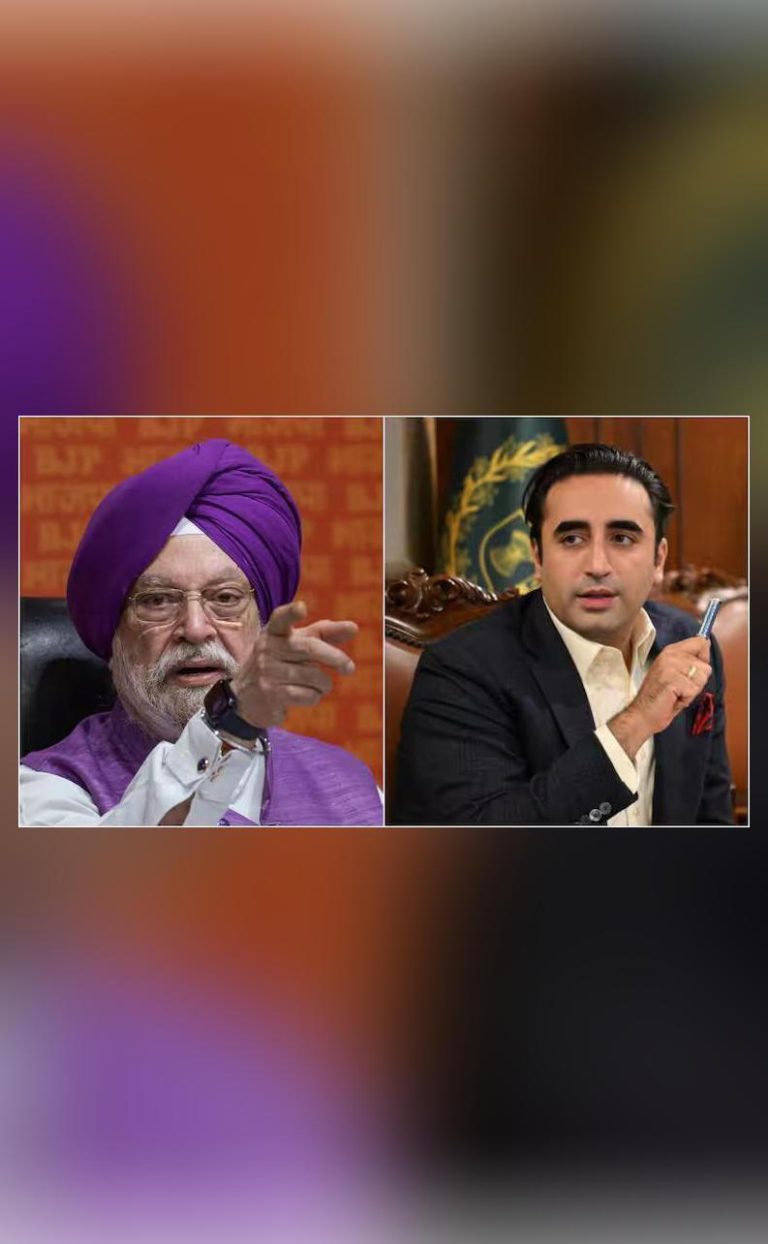
Iran Offers to Mediate between India & Pakistan after Pahalgam Attack
The ongoing tensions between India and Pakistan have escalated drastically after a terrorist attack in Jammu and Kashmir’s Pahalgam region. The attack, which left several people injured, has been claimed by the Jaish-e-Mohammed (JeM) terror outfit, which is backed by Pakistan. In the wake of this incident, Iran has offered to mediate between the two countries to resolve their differences and ease tensions.
Iran’s Foreign Minister, Seyed Abbas Araghchi, took to Twitter to convey the country’s willingness to mediate between India and Pakistan. He wrote, “Tehran stands ready to use its good offices in Islamabad and New Delhi to forge greater understanding at this difficult time.” Araghchi’s tweet comes at a time when the relations between India and Pakistan are at an all-time low.
The Pahalgam attack has been widely condemned by the international community, with many countries expressing their solidarity with India. The United Nations Security Council has also called for restraint and an immediate halt to all violence. Despite the condemnation, tensions between India and Pakistan continue to simmer, with both countries trading barbs and accusations.
India has suspended the Indus Waters Treaty with Pakistan, which was signed in 1960 to regulate the sharing of waters from the Indus and its tributaries. The treaty has been a cornerstone of Indo-Pak relations, but India has decided to suspend its implementation in the wake of the Pahalgam attack. Pakistan has accused India of violating the treaty, while India has maintained that the treaty is no longer viable in the current circumstances.
The situation between India and Pakistan has been tense for several months now, with both countries engaged in a war of words. The tensions were sparked by Pakistan’s decision to downgrade diplomatic ties with India and expel the Indian High Commissioner from Islamabad. India retaliated by expelling the Pakistani High Commissioner from New Delhi.
The Pahalgam attack has further escalated the situation, with India accusing Pakistan of supporting terrorism and using its territory to launch attacks on India. Pakistan has denied any involvement in the attack, but India has presented evidence to the international community, including satellite images and intelligence reports, to prove its allegations.
Iran’s offer to mediate between India and Pakistan comes at a critical time. The country has historically maintained good relations with both India and Pakistan, and has played a key role in mediating disputes between the two countries in the past. Iran has also been a strong advocate for regional stability and has called for dialogue and diplomacy to resolve disputes.
India has welcomed Iran’s offer to mediate, with the Ministry of External Affairs stating that it is open to any proposal that can help to resolve the situation peacefully. Pakistan has also welcomed the offer, but has made it clear that any mediation efforts must be based on the principles of mutual respect and equality.
The Pahalgam attack has also highlighted the need for regional cooperation to combat terrorism. Iran has been a key player in regional security initiatives, including the Tripartite Commission, which brings together Iran, Pakistan, and Afghanistan to discuss security issues.
In conclusion, Iran’s offer to mediate between India and Pakistan is a welcome development in the wake of the Pahalgam attack. The country’s willingness to use its good offices to forge greater understanding between the two countries is a positive step towards resolving the ongoing tensions. However, any mediation efforts must be based on the principles of mutual respect and equality, and must involve a commitment to dialogue and diplomacy.




